What is Clove Spice – One of the most Common Spice?
We all know and love cloves; the spice is evocative of the classic holiday baking specialties, but also fun spice blends like the Chinese Five-Spice blend and the Pumpkin Spice blend. Cloves are one of the most common spices on the planet, yet we know little of it.
Today we’re covering all about the aromatic bliss we call clove, what is clove spice, where it comes from, and how you can add it to your pantry.
Did you know the name clove comes from the French term, clou? It means nail. This and much more clove knowledge is on your way, so read on and learn something new. Can you smell the aromatic spice already?
What are Cloves?
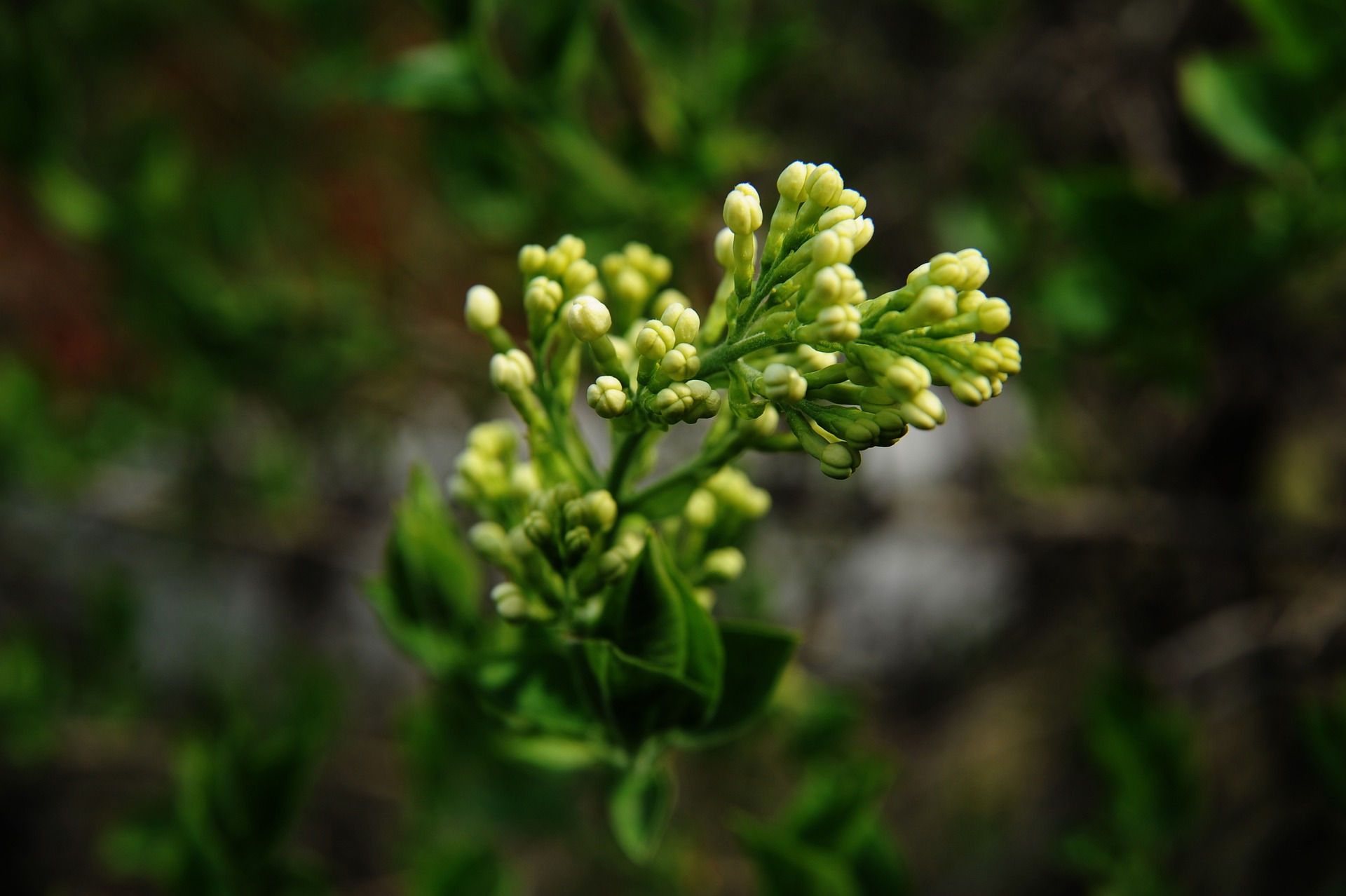
Cloves are flowers, yes. They’re not seeds like most spices, but authentic dried flowers from the clove tree or Syzygium aromaticum.
The aromatic flowers were quite popular in China around the year 300 BC and reached the Roman Empire in the first century AD. The distinguished Roman naturalist Pliny the Elder praised the spice not only for its culinary uses but for the spice’s health benefits.
Cloves are native from Indonesia, from the Maluku Islands, to be precise. Actually, Indonesia produces 80% of all the cloves in the market, followed by Madagascar, Tanzania, India, and Sri Lanka.
Today, cloves are widely used in Africa, Asia, the Mediterranean Basin, the Middle East, and America. Cloves have taken over the world and for great many reasons.
The Science Behind Cloves
Cloves are intensely aromatic, a single trait that has made the spice a prized commodity worldwide. Behind that smell, there’s a compound called Eugenol.
Clove oil is around 80% Eugenol, so it’s safe to say we can attribute all the flavors and health benefits in cloves to this single molecule. Interestingly, Eugenol is also found in nutmeg, cinnamon, basil, and bay leaf. It’s used as an antiseptic and anesthetic, and in the perfume and food industries too.
Now that we have briefly visited the science corner, let’s explore the health benefits behind cloves and the powerful Eugenol.
Nutritional Values in Cloves

One teaspoon of ground cloves, its most common form for cooking, adds only six calories to your diet, mostly coming from one gram of carbohydrates. Clove is an adequate source for fiber, too, with 1 gram of dietary fiber for every two teaspoons.
As for vitamins and minerals, cloves add an impressive 55% of your necessary daily intake for manganese, partially responsible for aiding metabolism, helping regulate blood sugar, and assisting against inflammation.
Last but not least, cloves add an adequate amount of vitamin K to your diet, necessary for blood health, and for regulating calcium levels in the bloodstream.
Health Benefits of Cloves
- Cloves are excellent sources for antioxidants, vital compounds that bind with free radicals caused by oxidative stress, damaging cells at a DNA level, provoking many maladies including cancer. Did you know Eugenol is the main anti-oxidative compound in cloves?
- High amounts of concentrated clove oil have proven to prevent cancer cell growth, and it could kill tumors. There’s still a need for research since high concentrations of the oil could prove toxic.
- Cloves can kill bacteria, which is the reason chewing on cloves is a millennial practice to preserve proper oral health. Now modern health companies are looking into the compounds in cloves for hygiene products.
- Cloves can help against liver inflammation and improve liver functions. There’s evidence piling up for compounds in cloves to treat chronic kidney disease, and the future looks bright for the still unproven treatments.
- Consuming cloves often can improve blood sugar levels, increasing insulin sensitivity, and thus reducing the risk of diabetes.
- Cloves can protect the stomach from ulcers by increasing the production of protecting mucus that lines the stomach. Not very many studies have been conducted on humans, but there are plenty of positive responses in the matter.
Cooking With Cloves
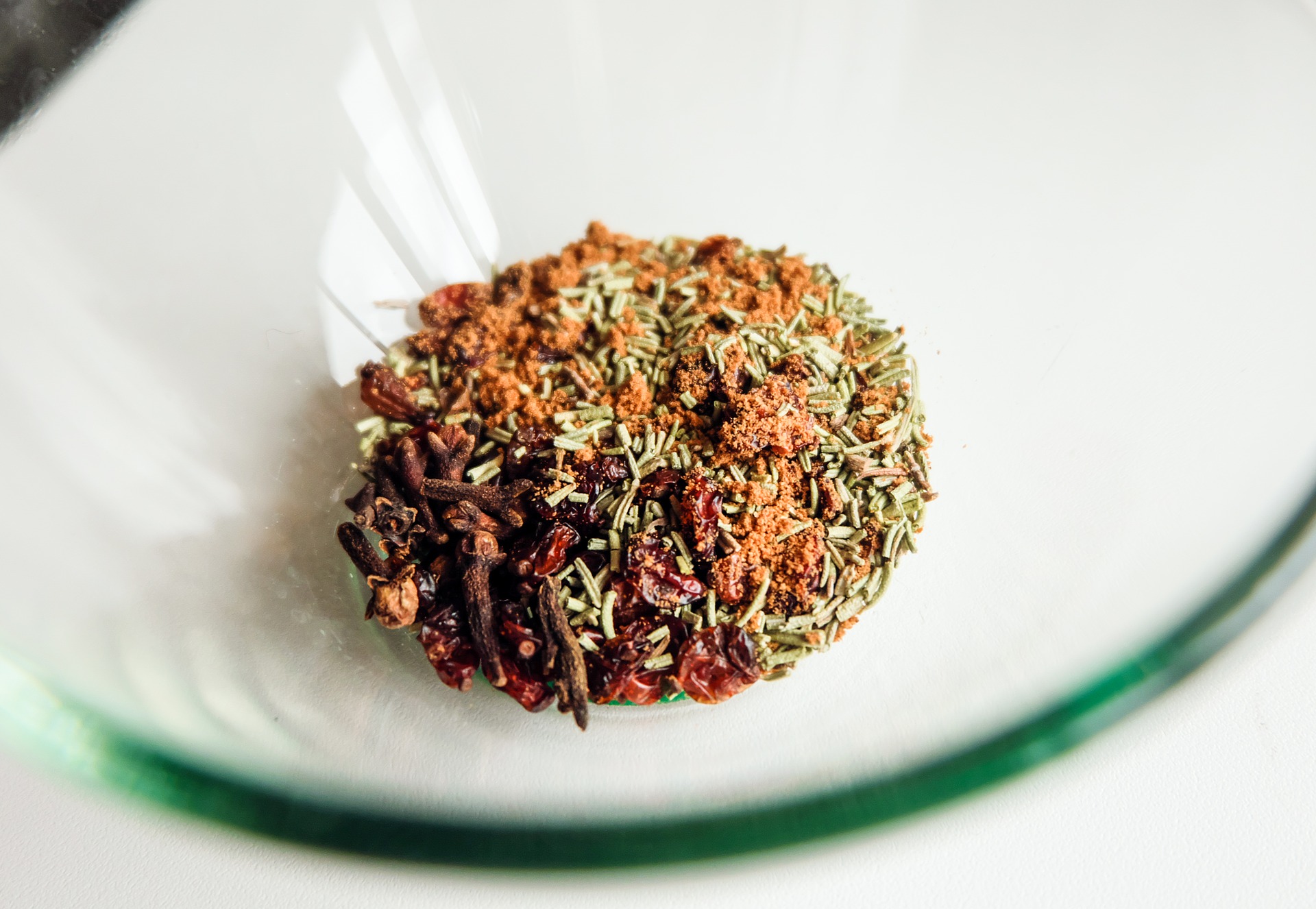
There are tons of uses for cloves in the kitchen. In the savory department, cloves can flavor soups, stews, and slow-cooked meat. The spice flavors fish sauces and rice in India, including biryani. And we could consider it one of the secret ingredients behind the famous garam masala spice blend.
The dessert, sweet drink, and baking departments fairly use cloves too. There would be no eggnog without cloves, or the amusing pumpkin spice. Gingerbread cookies and many holiday baking treats are livened with cloves. Is there anything these dried flowers can’t do?
Cloves, a Tasty and Healthy Spice
Whole or ground, in sweet or savory food, in the medicine cabinet or the kitchen pantry. Cloves are more than they appear, and that makes them extra special.
Cook with cloves regularly and fill your home with the warmest of aromas; you’ll feel sounder as well!
Feel free to shop for Cloves from out list of tried and tested cloved at curated shop.
Highly Rated – Social Media Chatter on Clove
Make sure you follow betterremedies to learn how can help you heal yourself ❤
-
Like | Comment | Save | Share
Turn on post notifications📢
-
Follow our new page getrelieffast for daily relief tips 🙏
-
-
#nyc #newyork #newyorkcity #newyorker #newyorklife #carrot #cloves
Tip Of The Day
#money #happyvibes #tarot #tarotreading #moneytalks #universe #explorepage #mysuru #goodnews #faith #delhi #chennai #mumbai #thursday #bangalore #gurupushyamrut #camphor #hyderabad #goodluck #sundayvibes #prosperity #cloves #tarotjournal #karnataka #moneytipsforwomen
Cloves are a highly prized medicinal spice that have been used for centuries in treating digestive and respiratory ailments. Cloves contain good amounts of vitamins A, C, K, and B-complex as well as minerals such as manganese, iron, selenium, potassium, and magnesium. They also contain powerful antiseptic, antiviral, anti-inflammatory and anesthetic properties making them tremendously useful in helping to heal a wide variety of illnesses and health conditions.
_
Cloves are particularly beneficial for the digestive tract and are great for indigestion, gas, constipation, bloating, nausea, and countering the effects of heavy, rich food. They are excellent for relieving muscle spasms, headaches, and nerve pain. They are also often used to disinfect gums, teeth, kidneys, liver, skin, and bronchi.
_
Clove oil contains eugenol which is a powerful anesthetic and natural pain reliever and is commonly used to help relieve toothaches and to numb gums in dentistry. Clove oil is also beneficial for the circulatory system and is a potent platelet inhibitor which prevents blood clots. Clove oil is also excellent for athletes foot and for healing cuts, bruises, burns, rashes, and psoriasis.
_
Essential oil of Clove is an effective decongestant and should be used in a vaporizer, humidifier, or aromatherapy machine to help disinfect the air and to help benefit respiratory conditions such as sinusitis, tuberculosis, bronchitis, asthma, colds & coughs.
_
Clove tea is helpful for strengthening the immune system and detoxifying the body. Steep 2 tsp of whole cloves in two cups of hot water for at least 10 minutes, sweeten with honey if desired.
_
Cloves can be found whole or powdered in you local supermarket or health food store. Capsules, extract, tincture, tea, and topical oils & creams can all be found online or at your local health food store.
_
#medicalmedium
Sources:
- https://www.medicalnewstoday.com/articles/320768#1
- https://www.mccormickscienceinstitute.com/resources/culinary-spices/herbs-spices/cloves
- https://www.britannica.com/plant/clove
- https://www.thespruceeats.com/what-are-cloves-995621
- https://www.healthline.com/nutrition/benefits-of-cloves
- https://en.wikipedia.org/wiki/Clove
- http://justfunfacts.com/interesting-facts-about-clove/
- https://www.ctcin.com/clove.php#:~:text=Nearly 80% of the clove,followed by Madagascar and Tanzania.&text=Indonesia is the largest producer,Zanzibar, India and Sri Lanka.

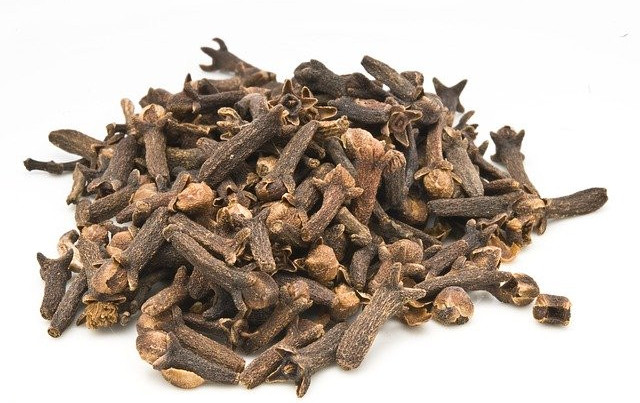

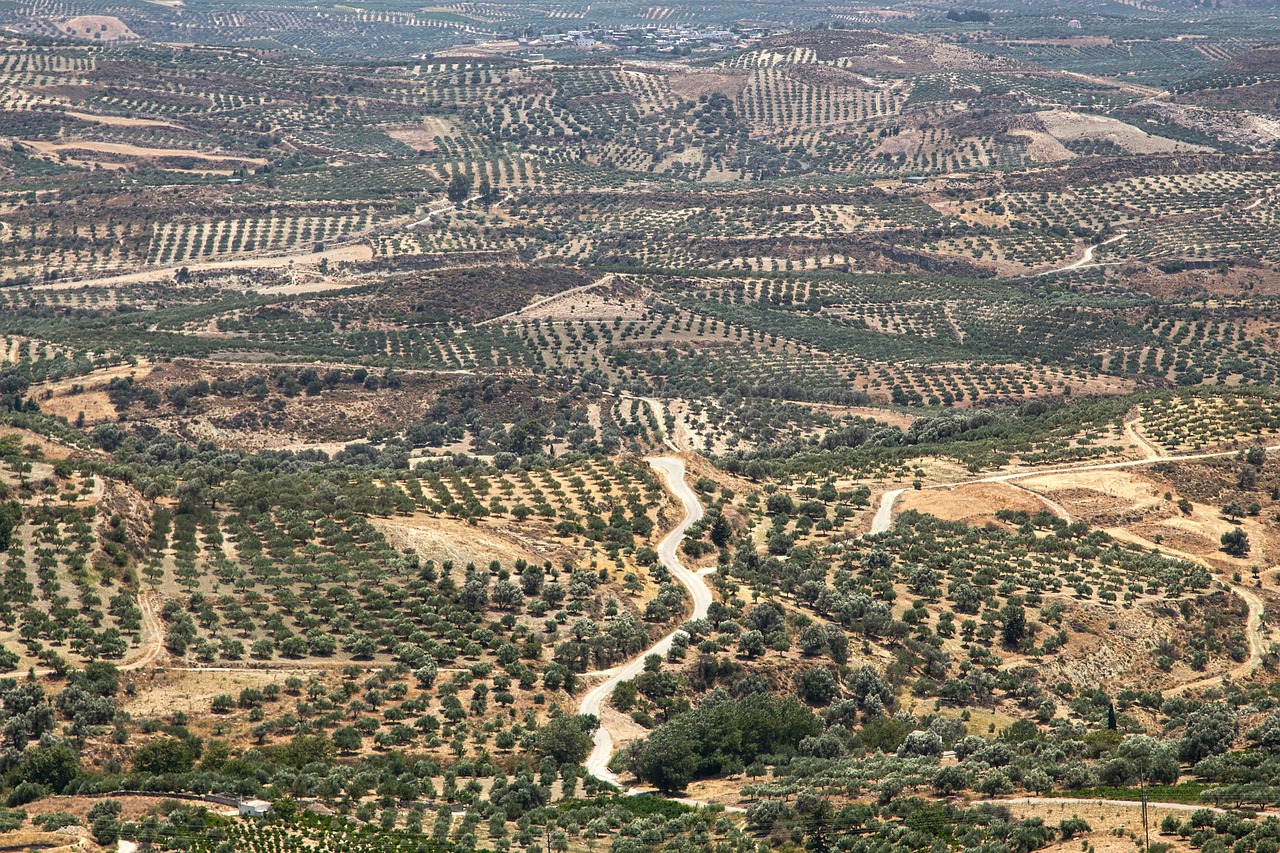
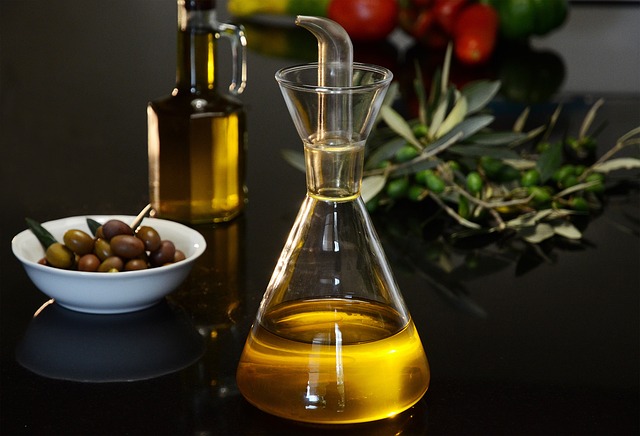
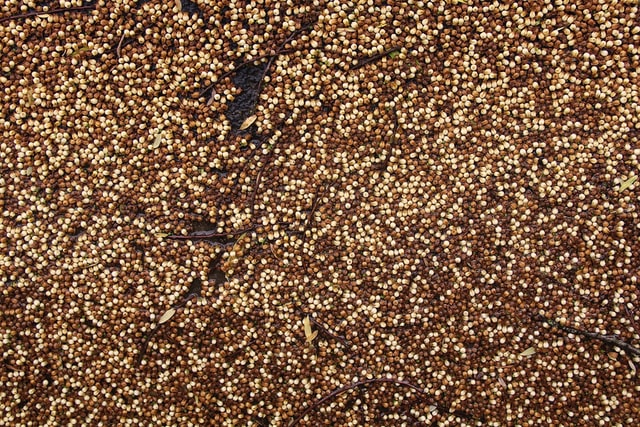
A friend I have cooks with cloves and I have been really baffled with the type of nutrients that comes from his type otnspuvr and I feel it would be good to try it on my own foods too. I like the fact that there is so much to this as well. It is good but I want to know if it would not change the taste of my food.
Thanks Suz
Very interesting to see here. Honestly, I value all you have shared here and the fact that it can make the whole difference here. To be honest, if I can, I will try all my best to ensure that I can make use of this clove spice henceforth. It tactually makes a lot of sense using this considering the potentials of this to our health. Thanks for sharing here
Thank you much, Nath